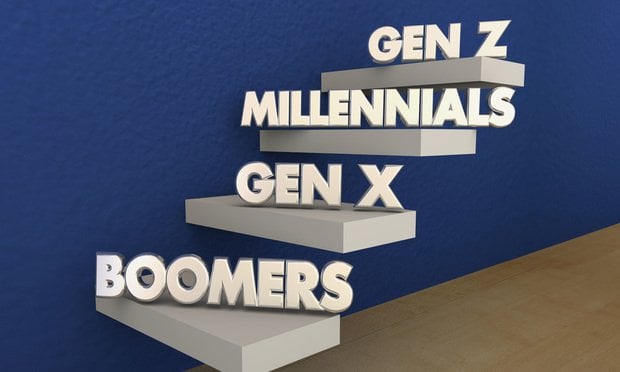More than half of smartphone users (58 percent) in the United States have downloaded a health-oriented app while 42 percent had downloaded five or more, according to a new survey published in the Journal of Medical Internet Research. But they don't always continue using them after they download them.
According to the study, analyzed by researchers at NYU Langone Medical Center, the most popular health apps focus on fitness and nutrition. Those who had such apps used them almost daily, according to the survey. Calorie-monitoring and calorie-burning far outpaced other themes covered by the more than 40,000 health-related apps available on iTunes, including provider directories, self-diagnosis and prescription filling.
The most popular reasons for downloading health apps were to track physical activity (52 percent), to track eating patterns (47 percent), to lose weight (46 percent) and to learn new exercises (34 percent).
Complete your profile to continue reading and get FREE access to BenefitsPRO, part of your ALM digital membership.
Your access to unlimited BenefitsPRO content isn’t changing.
Once you are an ALM digital member, you’ll receive:
- Critical BenefitsPRO information including cutting edge post-reform success strategies, access to educational webcasts and videos, resources from industry leaders, and informative Newsletters.
- Exclusive discounts on ALM, BenefitsPRO magazine and BenefitsPRO.com events
- Access to other award-winning ALM websites including ThinkAdvisor.com and Law.com
Already have an account? Sign In
© 2024 ALM Global, LLC, All Rights Reserved. Request academic re-use from www.copyright.com. All other uses, submit a request to [email protected]. For more information visit Asset & Logo Licensing.








